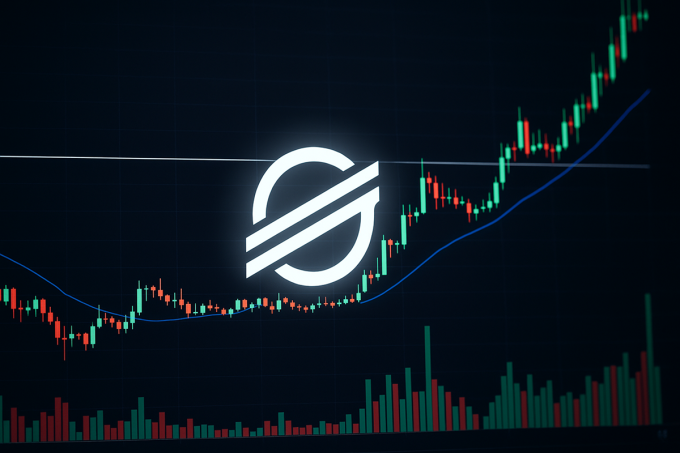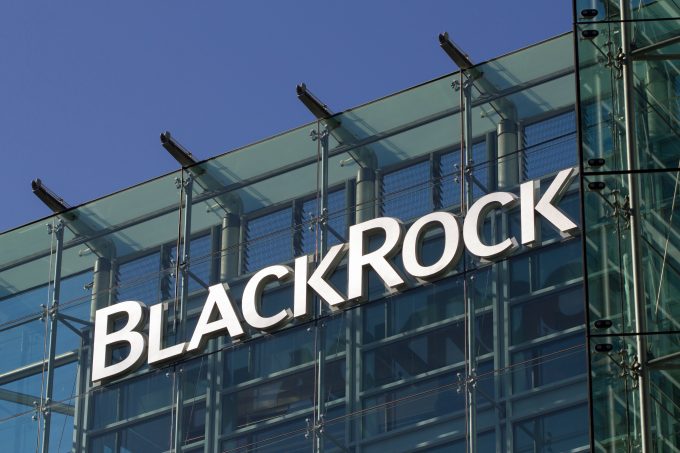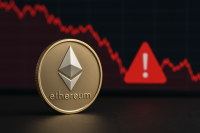Key Highlights:
-
A Hyperliquid trader lost $21 million following a private key leak linked to the platform’s Hyperdrive protocol.
-
Decentralized exchanges (DEXs) face rising risks as trading activity surpasses $3.5 billion in weekly volume.
-
Security experts urge traders to adopt cold wallets, review token approvals, and stay vigilant against phishing attempts.
Hyperliquid Exploit Sparks Fresh Debate on DeFi Security
A trader on the decentralized derivatives platform Hyperliquid lost approximately $21 million in digital assets this week after a private key leak allowed an attacker to drain funds tied to the platform’s Hyperdrive lending protocol.
Blockchain security firm PeckShield confirmed that the exploiter siphoned off 17.75 million DAI and 3.11 million SyrupUSDC—a synthetic stablecoin used within Hyperdrive—before bridging the funds to Ethereum. While the source of the private key compromise remains under investigation, the incident has reignited long-standing concerns about DeFi security and private key management.
The attack comes amid a resurgence in decentralized exchange activity. Data from DeFiLlama shows that Hyperliquid processed over $3.5 billion in trading volume over the past week, reflecting both the sector’s growth and its vulnerabilities.
Anatomy of the Attack: How Private Keys Remain DeFi’s Weakest Link
While smart contracts and decentralized protocols are often scrutinized for code exploits, this case appears rooted in user-side vulnerability. The breach was not caused by a failure in Hyperliquid’s protocol itself but by a compromised private key, the digital credential granting full access to a user’s wallet.
Once obtained, a private key allows attackers to bypass all platform-level safeguards, transfer assets at will, and erase transaction traces through bridges or mixers. PeckShield noted that the stolen assets were swiftly moved cross-chain to Ethereum—an increasingly common tactic used to obfuscate stolen funds.
The Hyperliquid team has yet to release an official statement, though the event has prompted renewed dialogue across crypto communities about user responsibility in decentralized environments.
Security Lessons: How to Protect Digital Assets
Security experts emphasize that in decentralized finance, self-custody equals self-responsibility. Without intermediaries to reverse transactions or recover funds, user security practices become the final line of defense.
Professionals recommend a two-tier wallet system:
-
Hot wallets for day-to-day trading, connected to exchanges or DEXs.
-
Cold wallets (offline hardware or paper wallets) for storing the majority of funds long-term.
Experts also urge traders to:
-
Never share private keys or seed phrases, even when configuring API access or bot integrations.
-
Use official links from project websites to avoid phishing scams that impersonate support teams on platforms like Telegram or Discord.
-
Regularly review token approvals using tools such as Etherscan’s Token Approvals or similar DeFi dashboards to revoke unnecessary permissions.
After the Hyperliquid exploit, crypto exchange MEXC reminded users to “check positions and approvals on a block explorer,” warning that overly broad permissions often serve as the entry point for exploits.
Growing Pains of Decentralized Finance
The Hyperliquid incident highlights a recurring theme in DeFi: the trade-off between autonomy and accountability. As more traders flock to decentralized platforms seeking transparency and control, the responsibility to maintain airtight security shifts squarely to individuals.
From a psychological standpoint, the allure of fast-moving markets can lead traders to overlook basic security hygiene—an oversight that can have multimillion-dollar consequences.
Despite the setback, market data shows no significant liquidity outflows from Hyperliquid, suggesting continued user confidence in the platform’s underlying technology. However, the broader DeFi sector faces mounting pressure to strengthen wallet security standards and educate users about operational risks.
Looking Ahead: Building Trust in an Unforgiving System
The $21 million Hyperliquid exploit serves as a stark reminder that in DeFi, security is as decentralized as the technology itself. As platforms continue to expand in scale and complexity, the emphasis must shift toward user education, hardware protection, and permission management to sustain trust in the decentralized ecosystem.
With total DeFi value locked approaching $95 billion, the next evolution of decentralized markets will depend not just on innovation—but on how effectively users can protect what they own.













https://shorturl.fm/fZYKe
https://shorturl.fm/hPejH
https://shorturl.fm/KVvJR
https://shorturl.fm/S4J9M
https://shorturl.fm/YbfL3